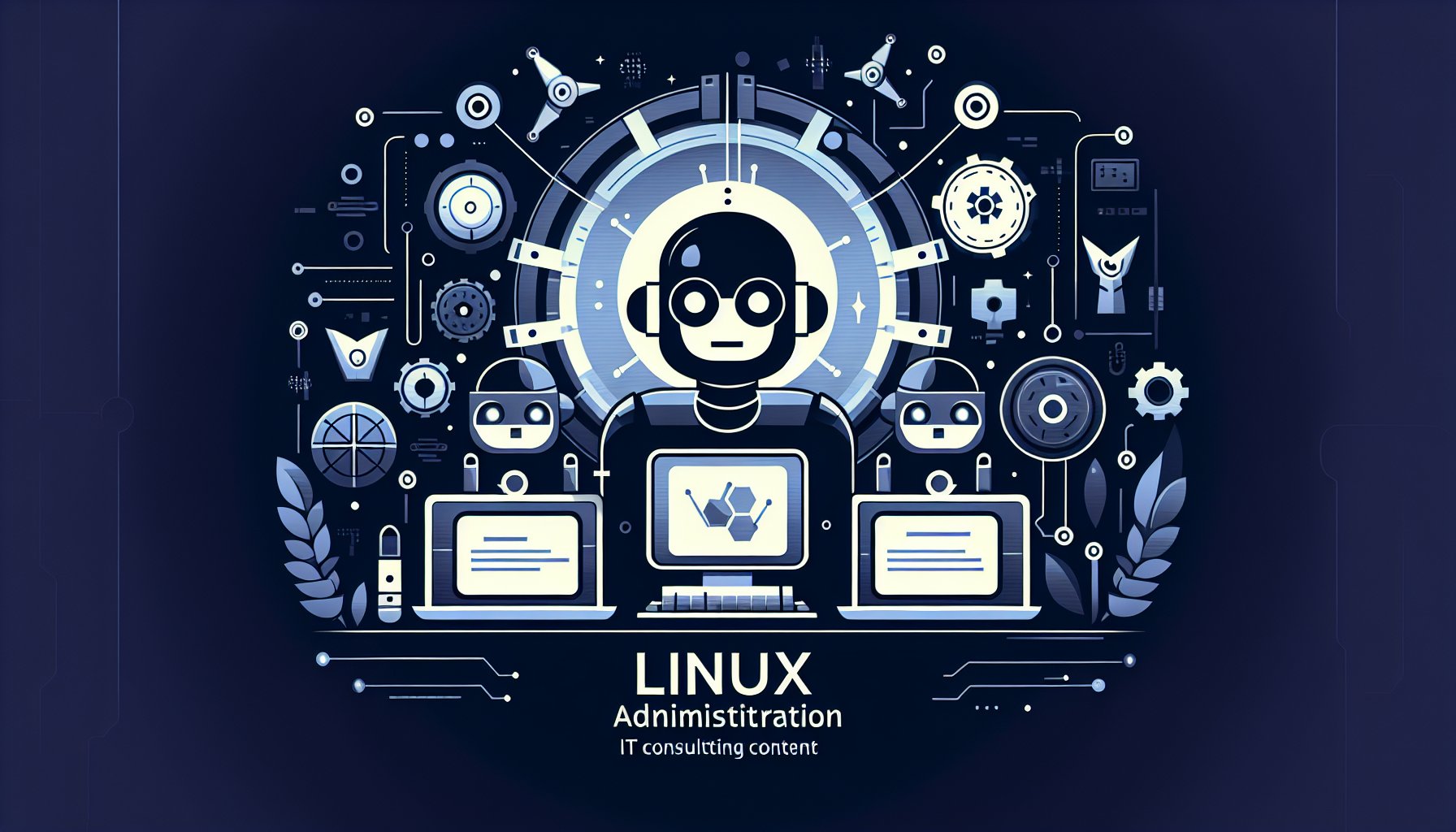Introduction
As we continue to navigate the realm of IT development in 2025, the evolution of Linux Administration remains at the forefront of innovation. This blog will delve into the latest trends, cutting-edge technologies, and emerging best practices shaping the future of Linux Administration.
The Rise of Automation in Linux Administration
Automation is proving to be a game-changer in Linux Administration. With the advent of AI and machine learning, automated tasks are not only increasing efficiency but also minimizing the risk of human error. Tools such as Ansible and Puppet have been pivotal in facilitating automation, allowing for streamlined system updates, configuration management, and regular system checks.
Cloud Computing and Linux
Cloud computing has significantly transformed the landscape of Linux Administration. The rise of Infrastructure as a Service (IaaS) and Platform as a Service (PaaS) has made Linux even more accessible and scalable. Linux-based cloud solutions such as Google Cloud Platform and Amazon Web Services offer robust, secure, and flexible environments for businesses of all sizes.
Edge Computing: The New Frontier
Edge computing, a paradigm shift in data processing, is revolutionizing Linux Administration. As businesses seek to process data closer to its source, Linux-based edge devices are becoming increasingly popular. These devices provide quicker response times, reduced latency, and improved data privacy.
Containerization: A Modern Approach
Containerization, particularly Docker, has changed the game in Linux Administration. Containers encapsulate an application with its environment, making it easily portable across different Linux distributions. Kubernetes, an open-source platform, is being extensively used to automate the deployment, scaling, and management of these containerized applications.
AI in IT: The Future of Linux Administration
Artificial Intelligence (AI) is making significant strides in the realm of Linux Administration. From predictive analytics to automated troubleshooting, AI is paving the way for smarter, more efficient Linux systems. AI-powered tools such as IBM's Red Hat Insights are offering predictive analytics, identifying potential issues before they become significant problems.
Conclusion
The realm of Linux Administration continues to evolve, with automation, cloud computing, edge computing, containerization, and AI leading the charge. As we look to the future, it's clear that embracing these trends will be crucial in staying ahead of the curve. The key to successful Linux Administration lies in continuous learning, adaptability, and a willingness to leverage new technologies for innovative solutions.
Key Takeaways
- Automation is streamlining tasks and reducing errors in Linux Administration.
- Cloud computing is making Linux more accessible and scalable.
- Edge computing is facilitating quicker response times and improved data privacy.
- Containerization is enhancing portability across different Linux distributions.
- AI is paving the way for smarter, more efficient Linux systems.
